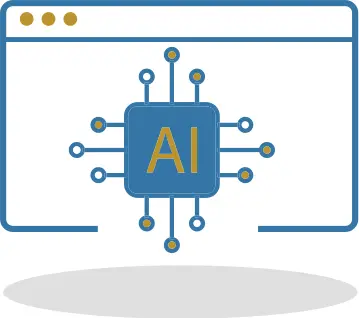

Why are coding bootcamps so popular?
One of the biggest benefits of online learning is the flexibility it provides. Learners are able to work at their own pace, and schedule their learning around their other obligations. This is ideal for those who are working full-time while studying.
Learners can schedule sessions with a personal mentor for evenings or even weekends if needed, which adds to the convenience of the bootcamp experience. Learners can also attend online courses from any location of their choosing, provided they have a laptop and an Internet connection.
The risk of earning while learning is much lower, as there is no gap in employment between qualifying and finding a new job.


Coding bootcamps: online vs in person
Online courses are especially appealing to non-traditional students. While some thrive in a classroom environment, others prefer an online setup with more flexibility and fewer distractions.
According to a report from the American Council on Education, non-traditional students tend to be older than 25, working full-time, and financially independent. Some of them are likely to be parents. In other words, these are early- to mid-career adults seeking career growth or change. These are the types of students who value flexibility the most.








